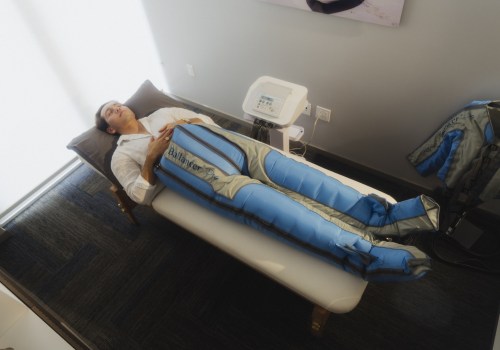It's easy to forget your questions or stop asking them during a therapy session. To ensure you get the most out of your session, it's important to prepare beforehand. Make sure you have all your questions written down before the consultation begins and have a pen and paper handy during the session itself. Write down what your counselor says in response to your questions and take notes and additional questions throughout the session, as needed. The type of treatment, length of treatment, and frequency of sessions may vary.
Generally, most people need 6 to 8 sessions. When preparing for a therapy session, start by taking note of the feelings and experiences that motivated you to make the appointment in the first place. It can be helpful to have your thoughts organized beforehand, especially if you're nervous about opening up. You can practice expressing your most private thoughts aloud in the comfort of your home to make it easier for you to access this part of yourself during therapy. Sleep plays an important role in therapy.
It prepares key neural structures for learning the next day and sleep obtained after learning promotes subsequent memory consolidation and long-term retention. This study examined whether sleep the night before and after a therapy session predicts aspects of treatment adherence. Total wake time (TWT) and total sleep time (TST) were selected as measures of sleep disturbance for this study. The preparation for group therapy is relatively the same as for individual therapy, but it multiplies. Cognitive Behavioral Therapy (CBT) helps you develop good sleep habits and avoid behaviors that prevent you from sleeping well.
These results are also consistent with the evidence that sleeping after exposure therapy can support memory and learning processes. However, the potential effect of motivation does not seem to completely counteract the effect of sleep disturbance, as comprehension increased to a greater extent in people with fewer sleep disorders. It was hypothesized that decreasing sleep disturbances the night before the treatment session will predict improvements in adherence to treatment throughout the treatment and decreasing sleep disturbances the night after the treatment session will predict improvements in adherence to treatment in the subsequent session throughout the treatment session. CBT may be a good treatment option if you have long-term sleep problems or if you're concerned about becoming dependent on sleep medications. Preparing for a therapy session is a rigorous process that involves specific steps depending on the phase of therapy the client is in. If you are in the initial phase of the therapy process, your therapist's preparation may involve reviewing any material they obtained from you during your initial contact and gathering the necessary documentation about the rules of your practice, the expectations you have of you, and what you want to get out of the therapy.
To learn how best to treat insomnia, your sleep specialist may ask you to keep a detailed sleep diary for 1 to 2 weeks. The current study supports the hypothesis that improving sleep may benefit the extent to which patients understand the treatment, consistent with the benefits of sleep for learning and memory, limiting the detrimental effects of prolonged wakefulness. The Structured Clinical Interview for DSM-IV Axis I Disorders (SCID) evaluated diagnostic criteria for Axis I disorders and Duke Structured Interview for Sleep Disorders evaluated diagnostic criteria for sleep disorders. In summary, preparing for a therapy session is an important step in getting the most out of it. Make sure you have all your questions written down before your consultation begins and have a pen and paper handy during your session itself. Take note of feelings and experiences that motivated you to make an appointment in the first place and practice expressing your most private thoughts aloud at home.
Additionally, improving sleep may benefit how well patients understand their treatment.










